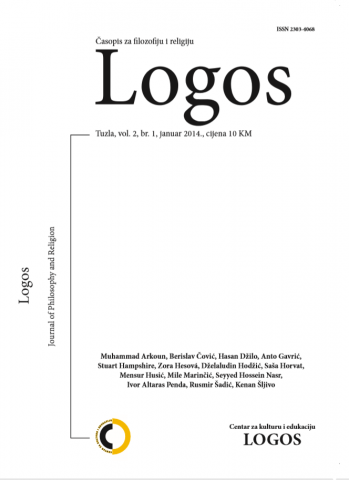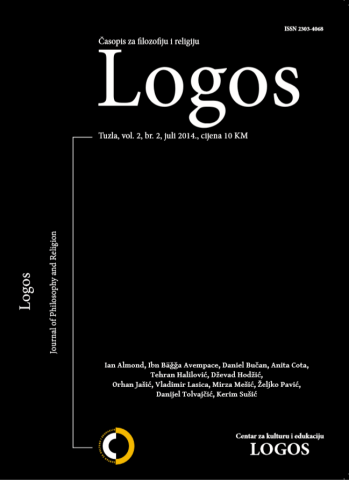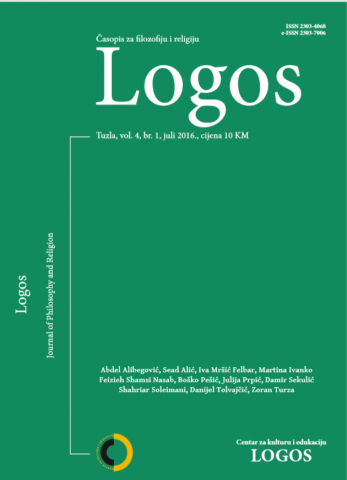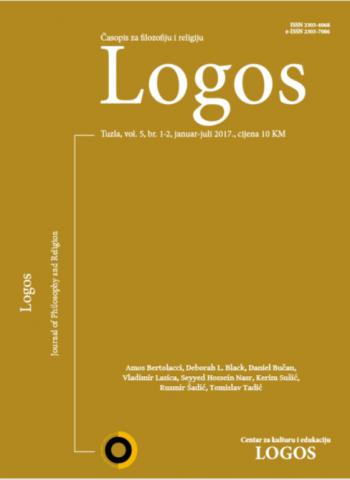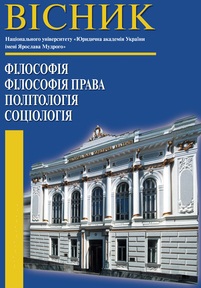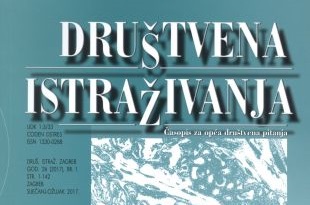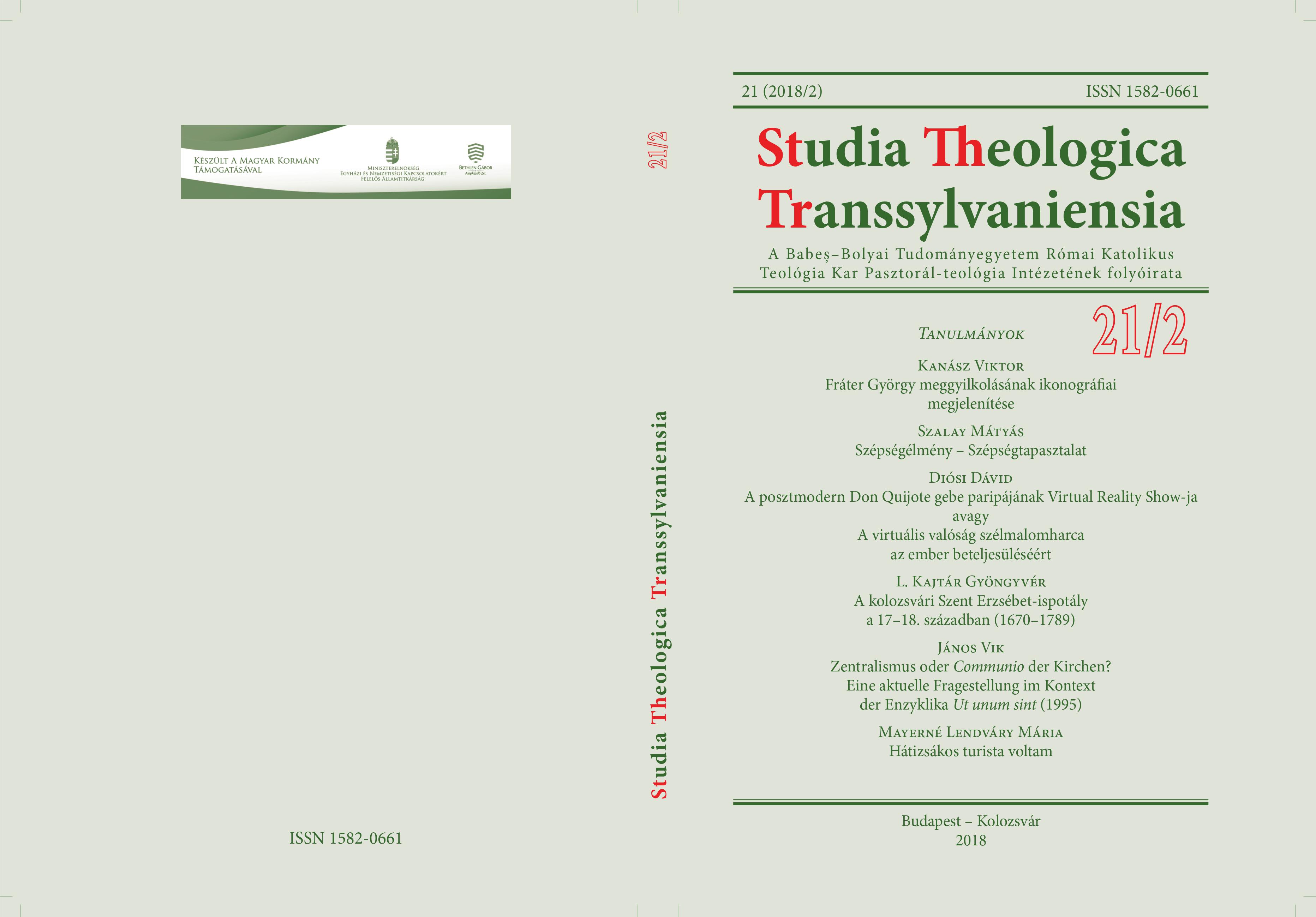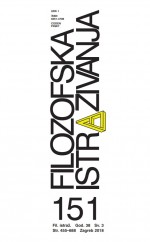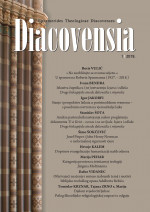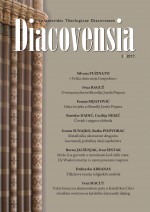Author(s): Volodymyr Trofimenko / Language(s): Ukrainian
Issue: 1/2019
Relevance of the topic. Religion in Ukraine has always played an unambiguous role - its importance for the Ukrainian people is very important. The piety of our citizens has a historical character - it originated from old times. A new round of recognition of Christian values began when our country declared its independence and still be in effect nowadays. It is also very important to emphasize that faith affects not only the moral state of society, but also its legal system. It is said that religious values, virtues are increasingly seen as one of the beginnings of law.The modern philosophy of law, given the importance to religion in regulating social relations, has a sufficient number of concepts that seek to combine law and faith. Taking into account the axiological aspect of religion, it is important to show its potential for the development of law. Today's philosophical jurisprudence just emphasizes the anthropological and axiological dimension of law.It is extremely necessary to understand whether we need to perceive these grounds (Western religious philosophy of law) as axioms, or it is necessary to redefine them taking into account national peculiarities. What makes this problem difficult is that it is very difficult to understand every person, his or her faith, and this imposes a very difficult task on the philosophy of law. Taking into account the above, from the author`s viewpoint , this problem does not lose its relevance.Level of development of the topic. A large number of scholars today are turning to understanding the relationship between law and faith, legislation and religion, the consideration of religious legal systems. At the same time, the emphasis is on the way religious norms are implemented in the legal regulation and recognized by the state, that is, the process of transformation of some religious norms into law is investigated. However, there are few developments concerning the axiological (value) significance of religion, in particular religious virtues, which humanize secular law. And it is not a question of some kind of mutual absorption, but it is about the value and moral reorientation of law.Purpose of the publication: to give an understanding that explaining to citizens the basic legal issues on the basis of the religious philosophy of law can have the same effect as the upbringing of legal culture in a secular version.As a conclusion, we can say that the philosophy of law, other legal sciences do not dump the importance of religion and its influence on the formation of legal consciousness. Partial religious interpretation of the basic legal values does not at all reduce their significance; it helps the larger number of subjects to understand its meaning and purpose.
More...
